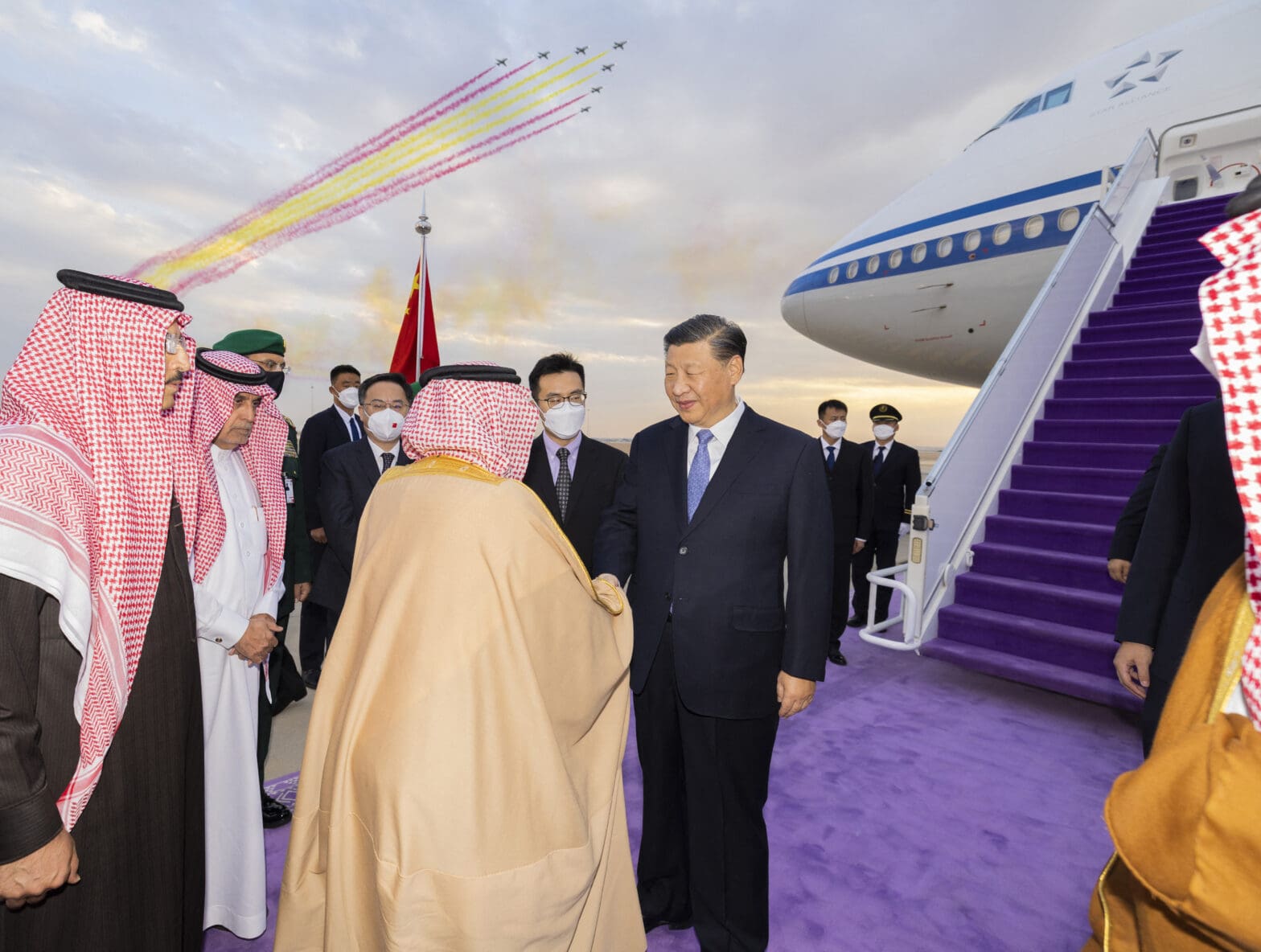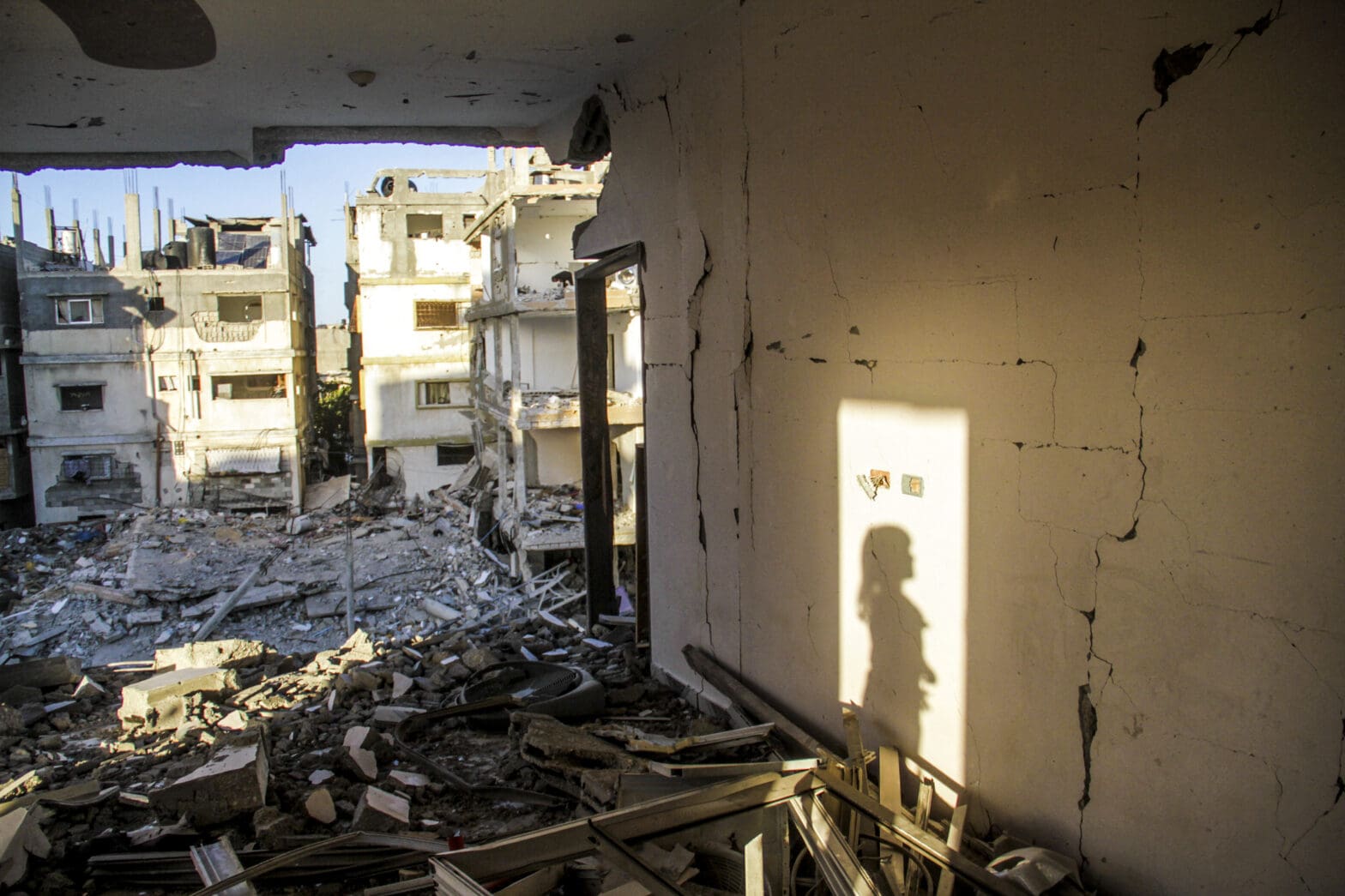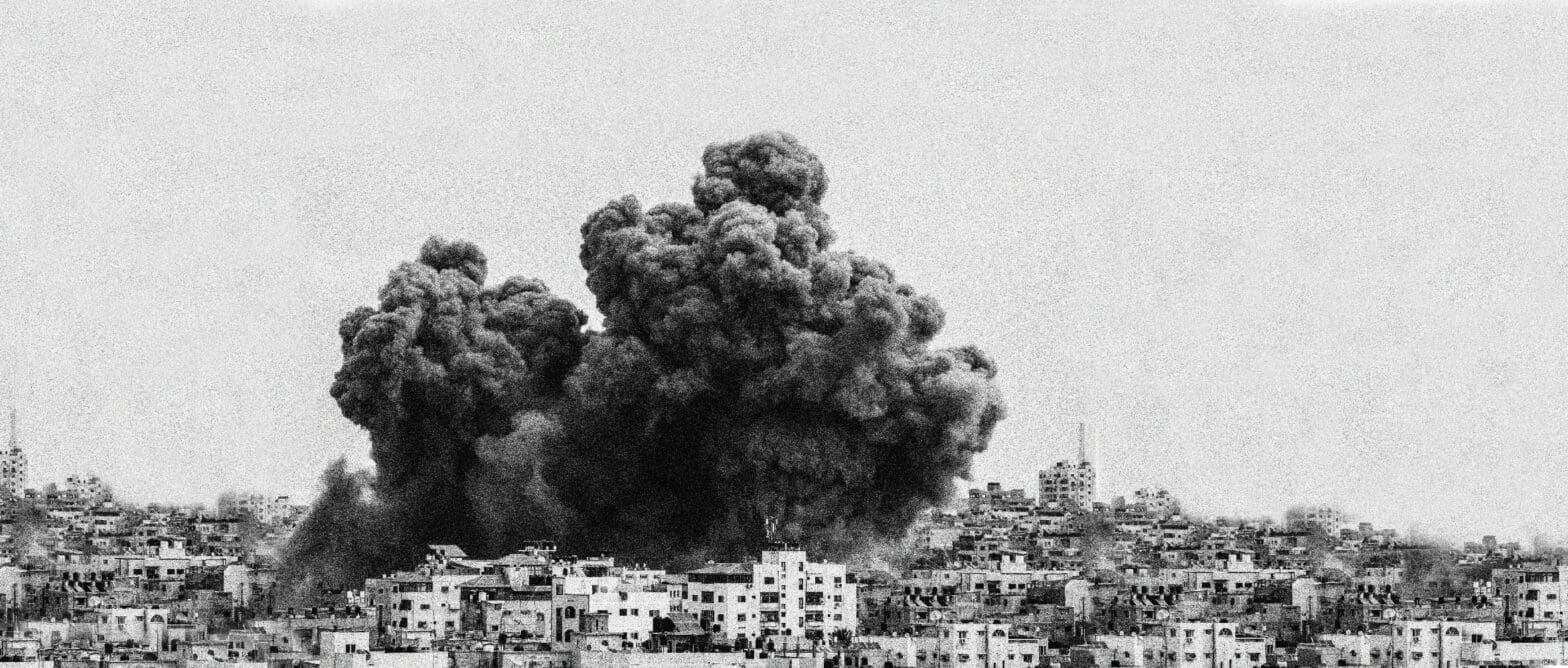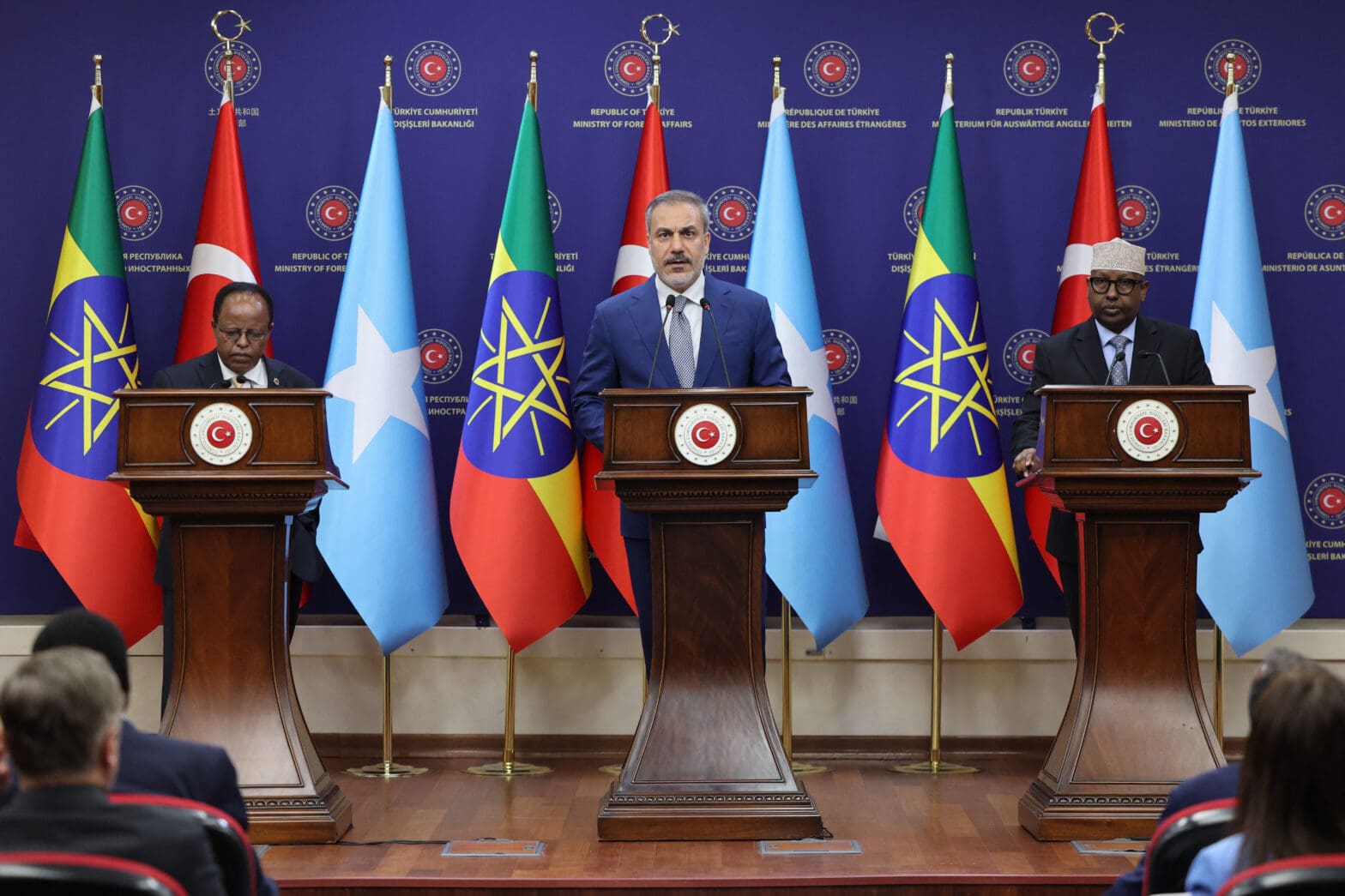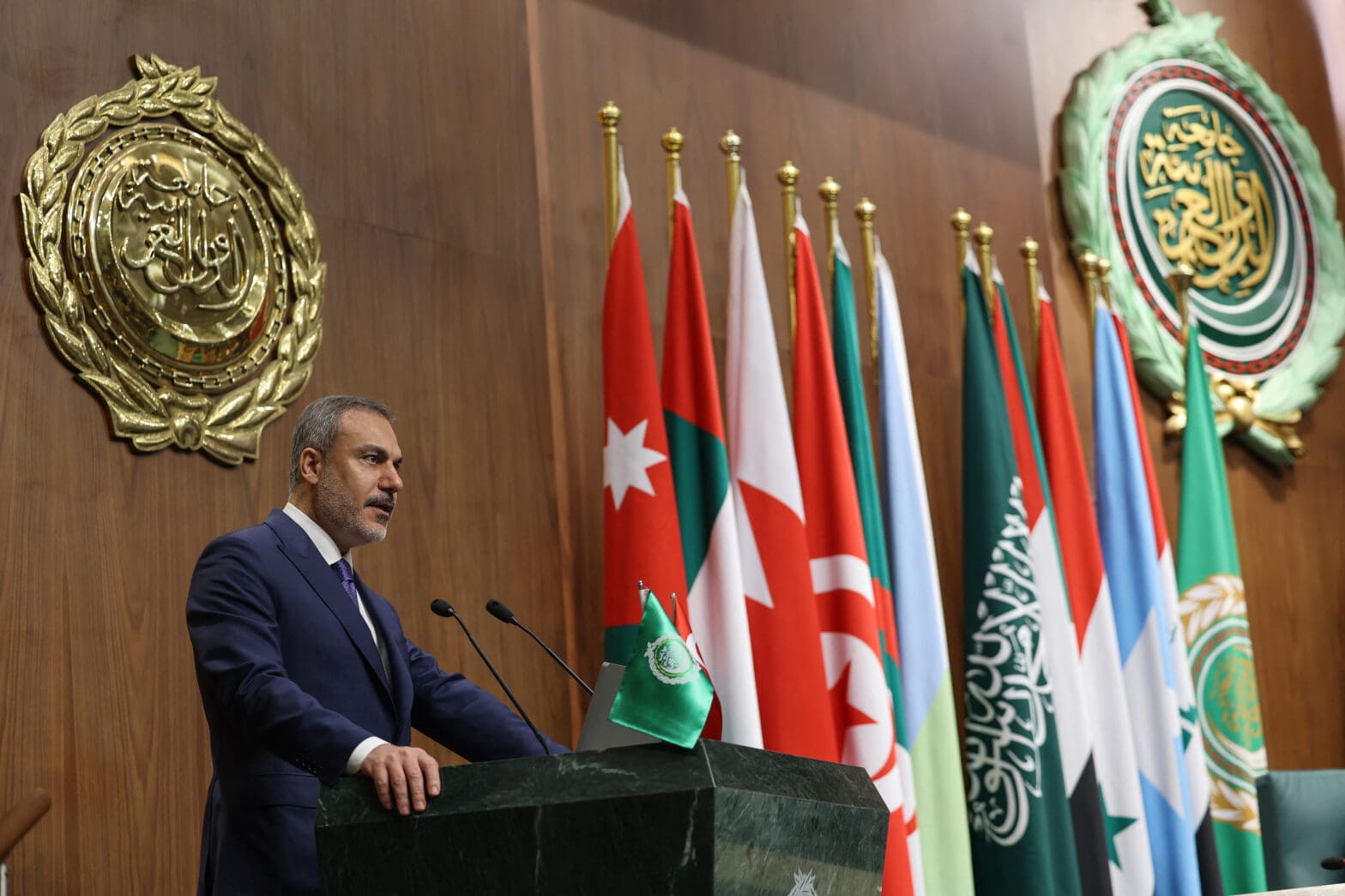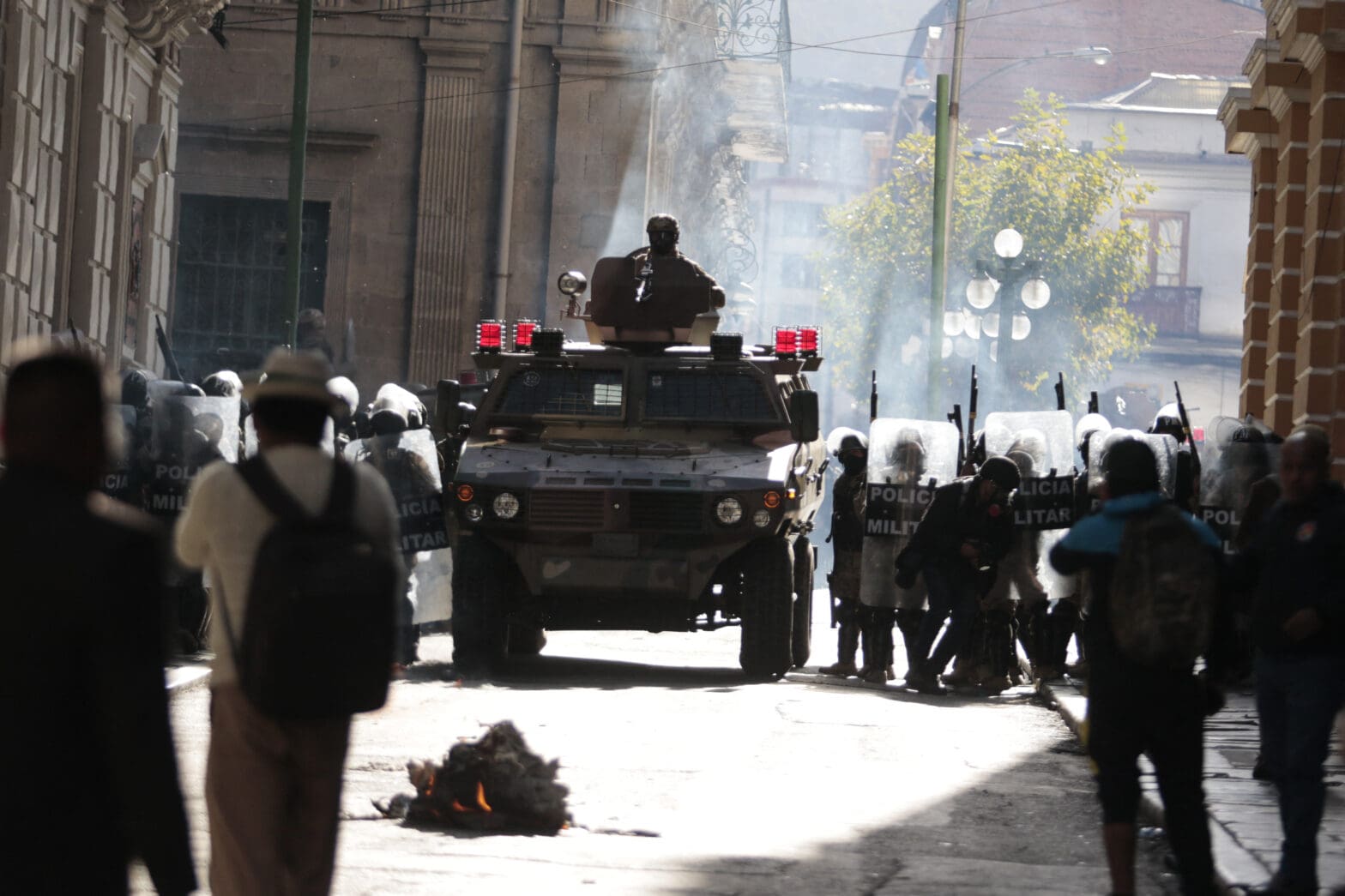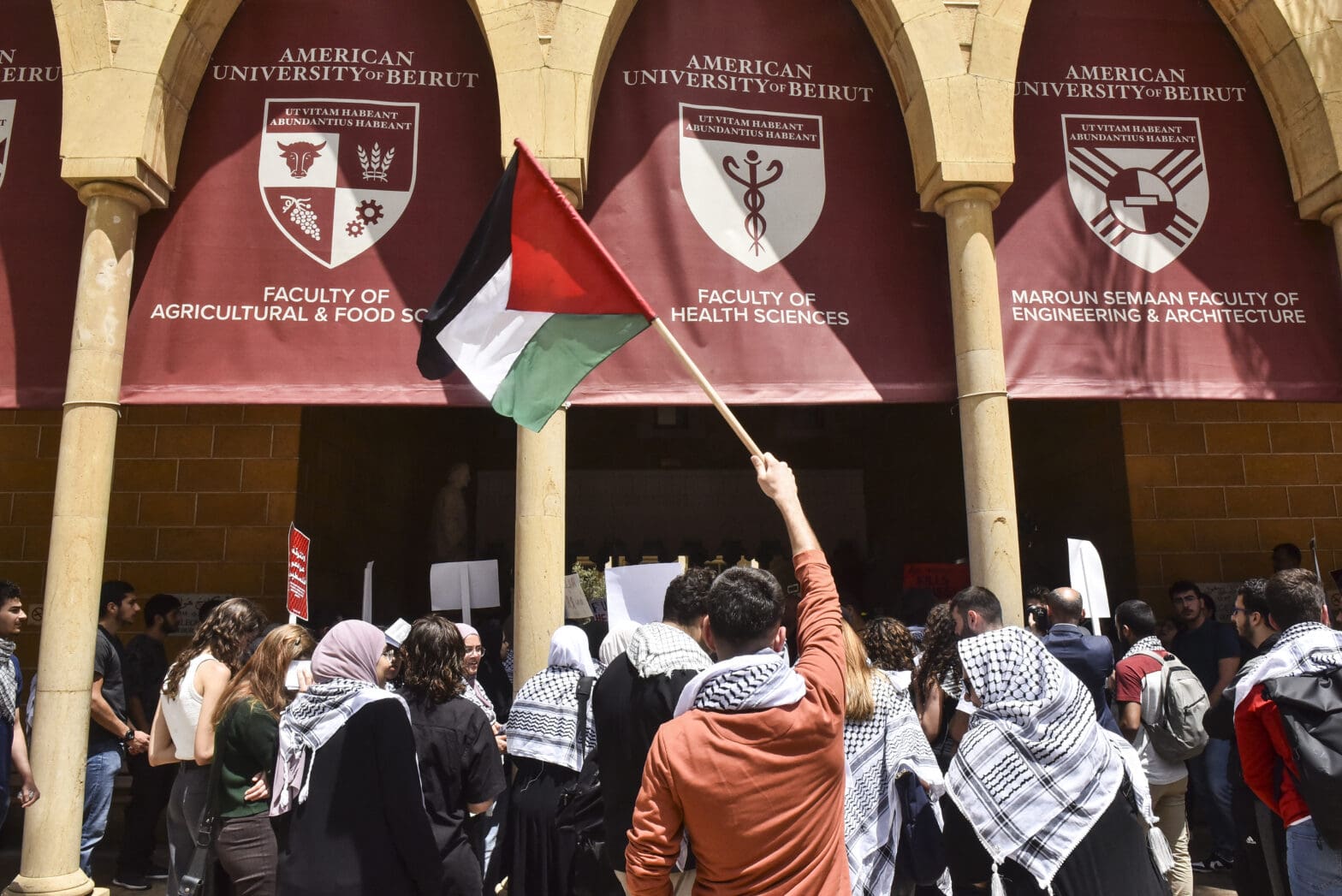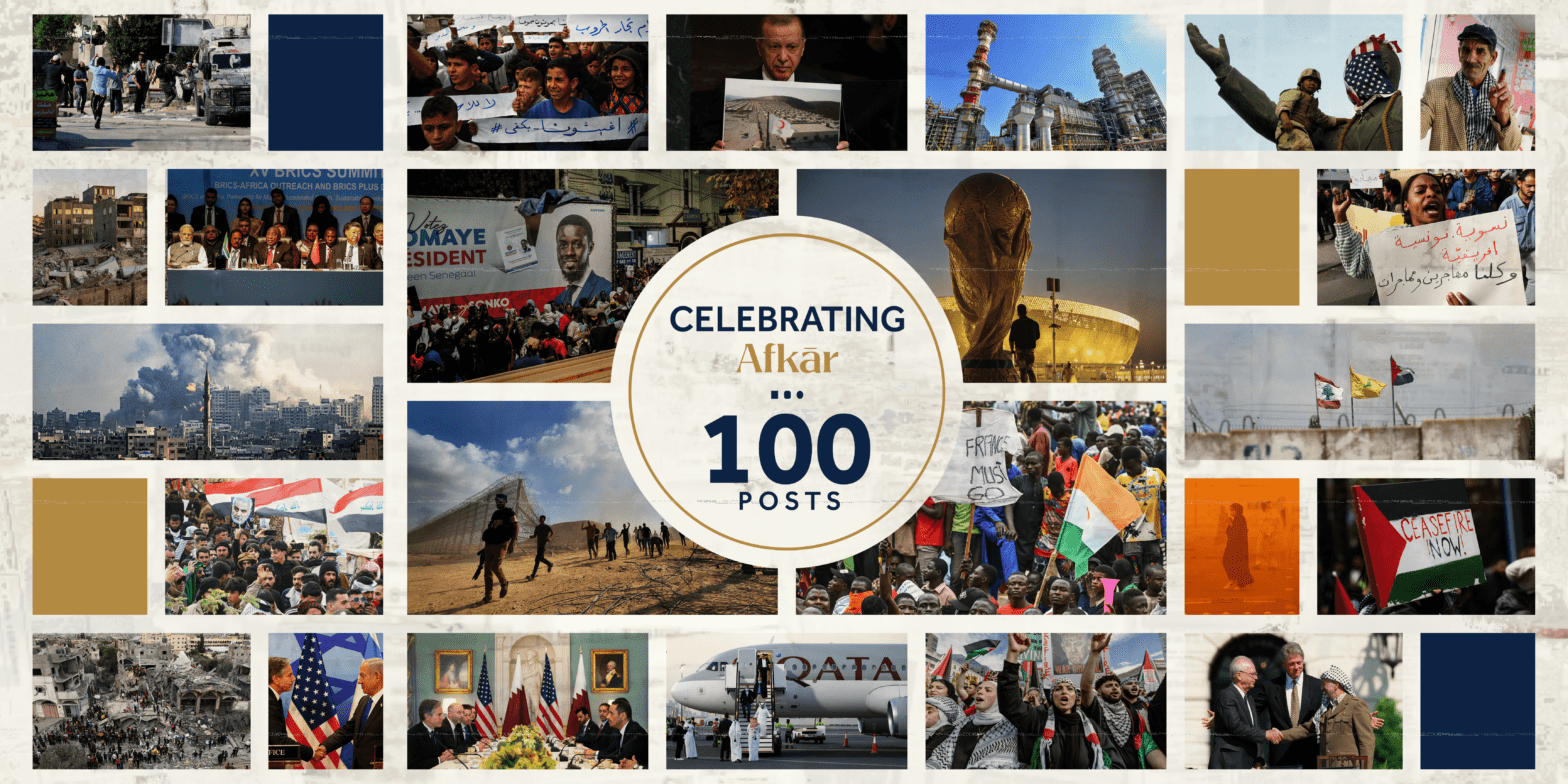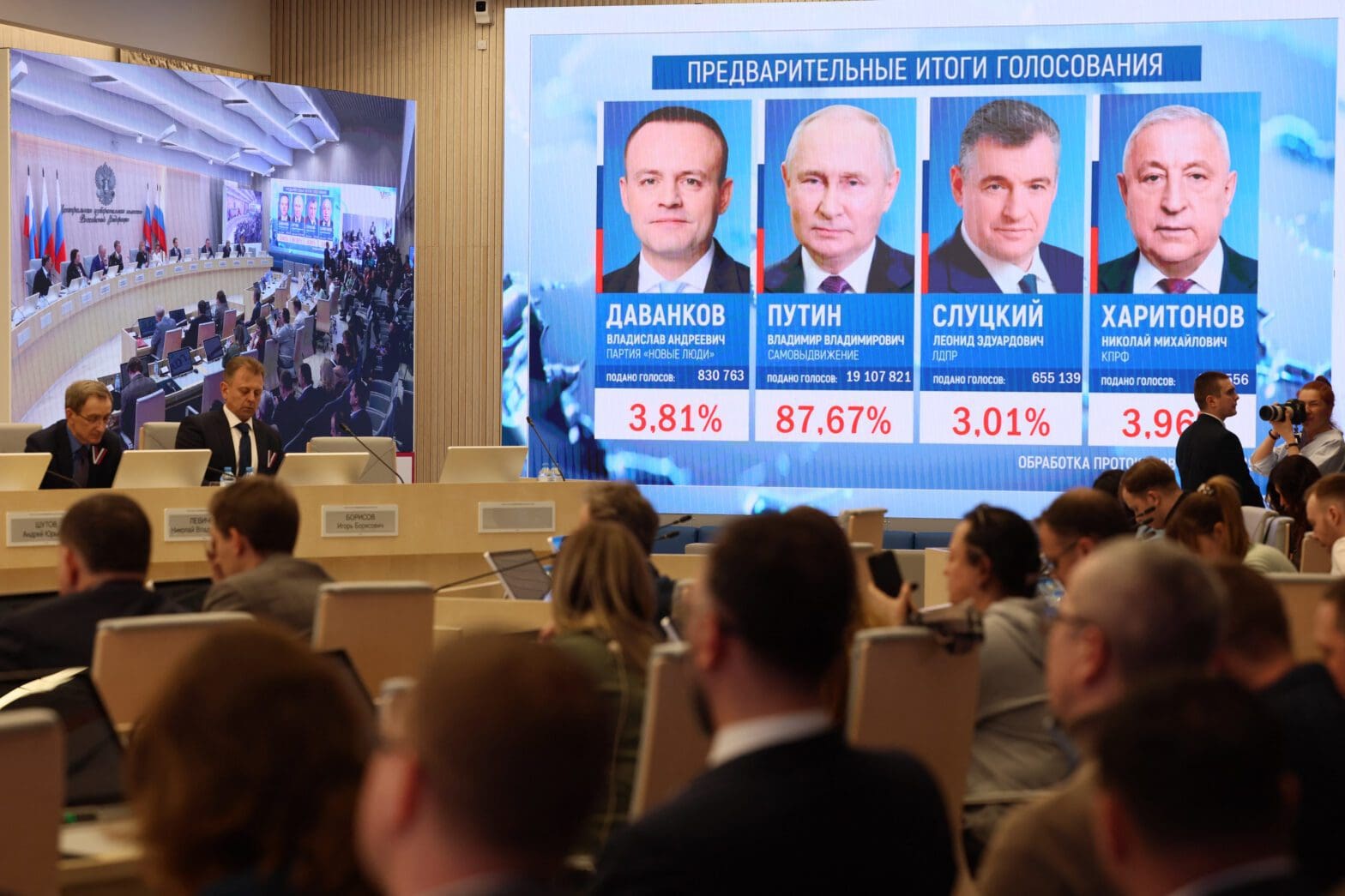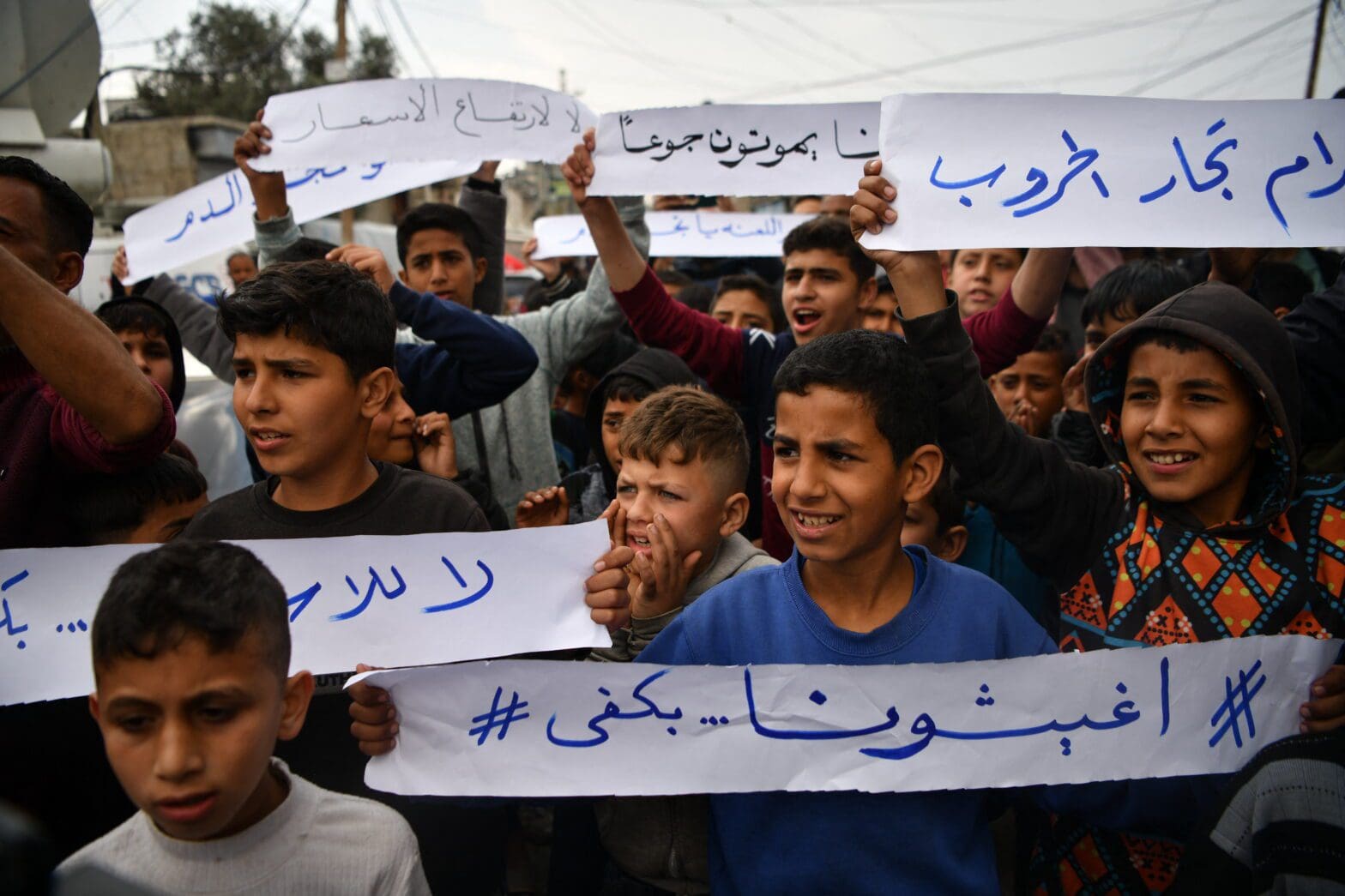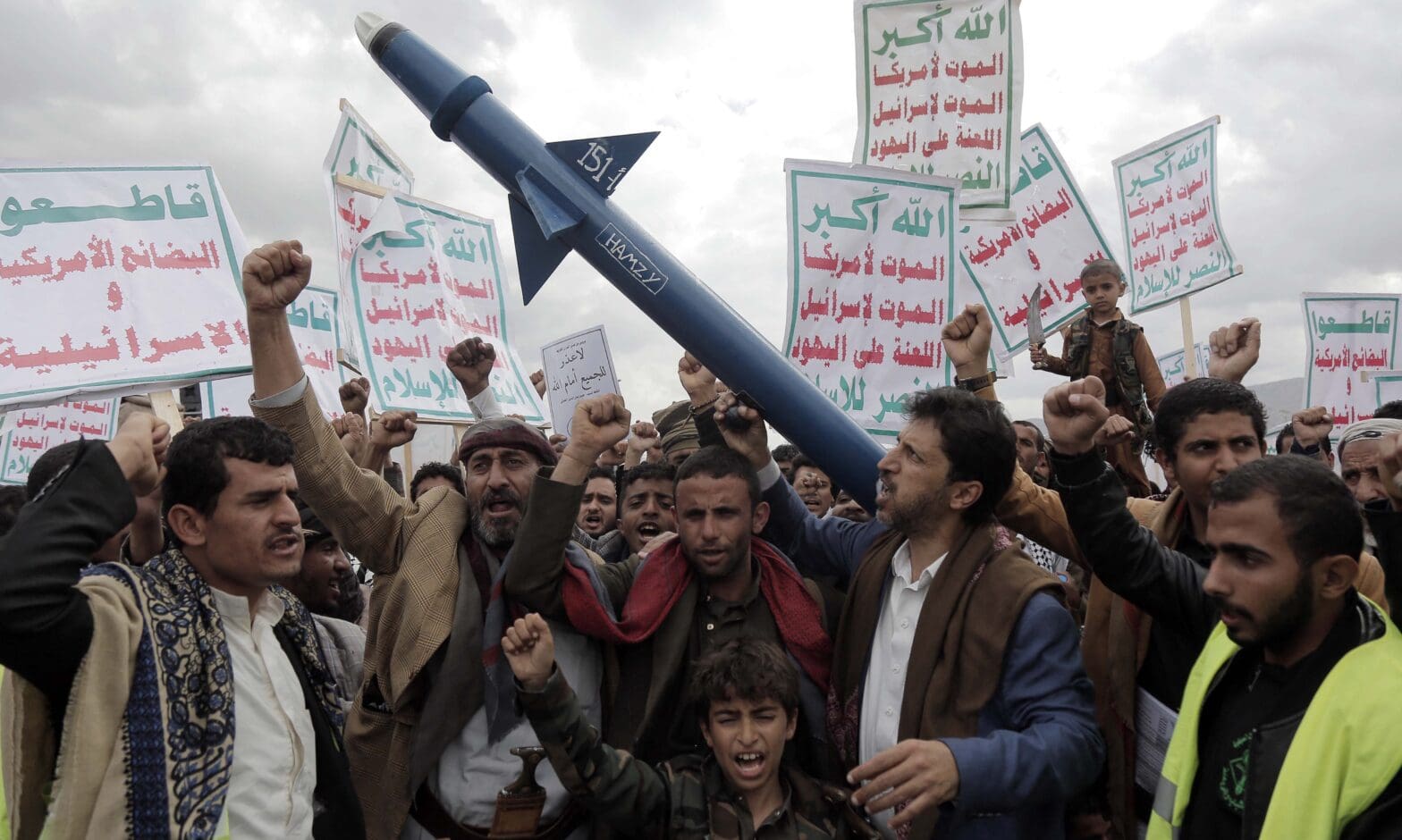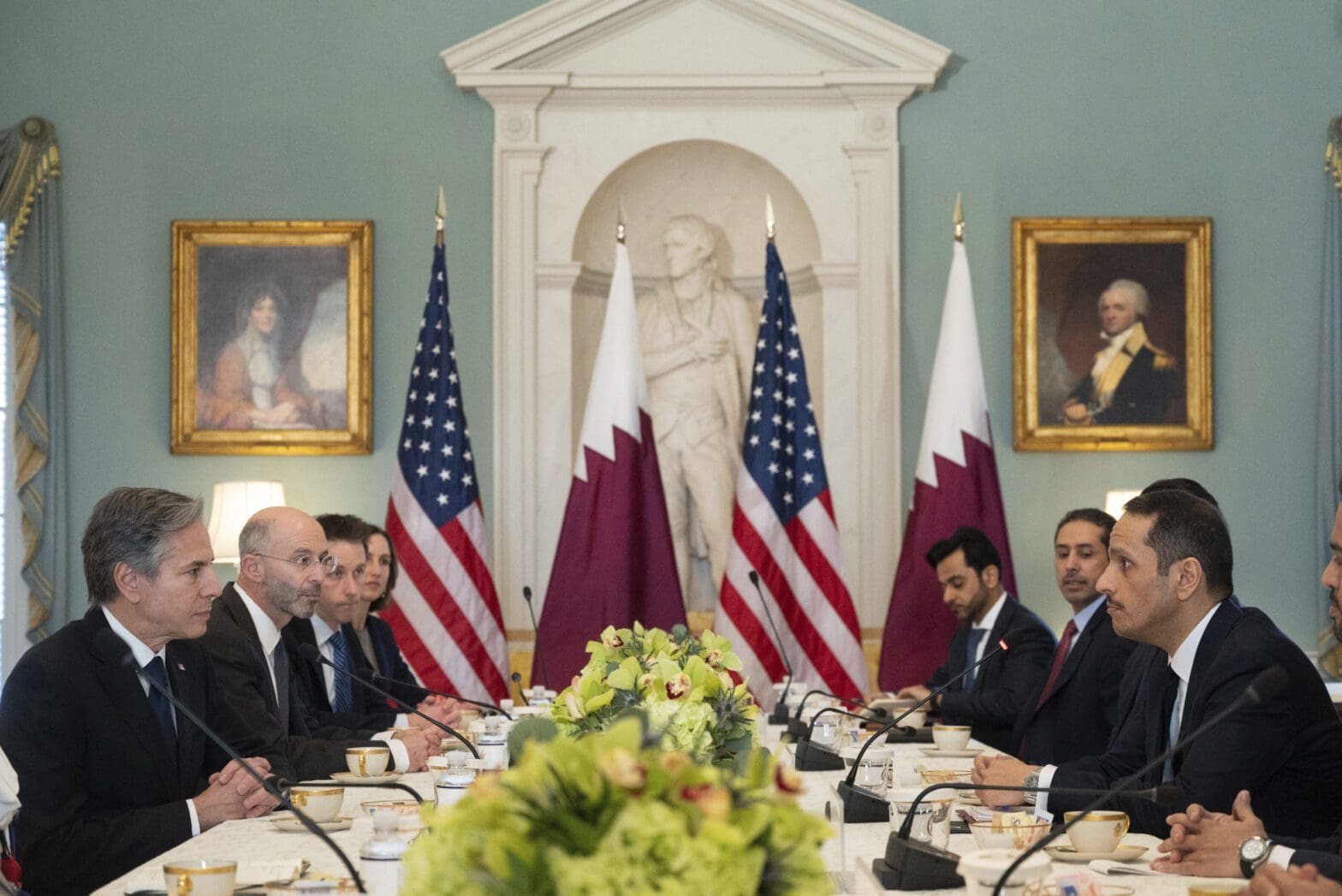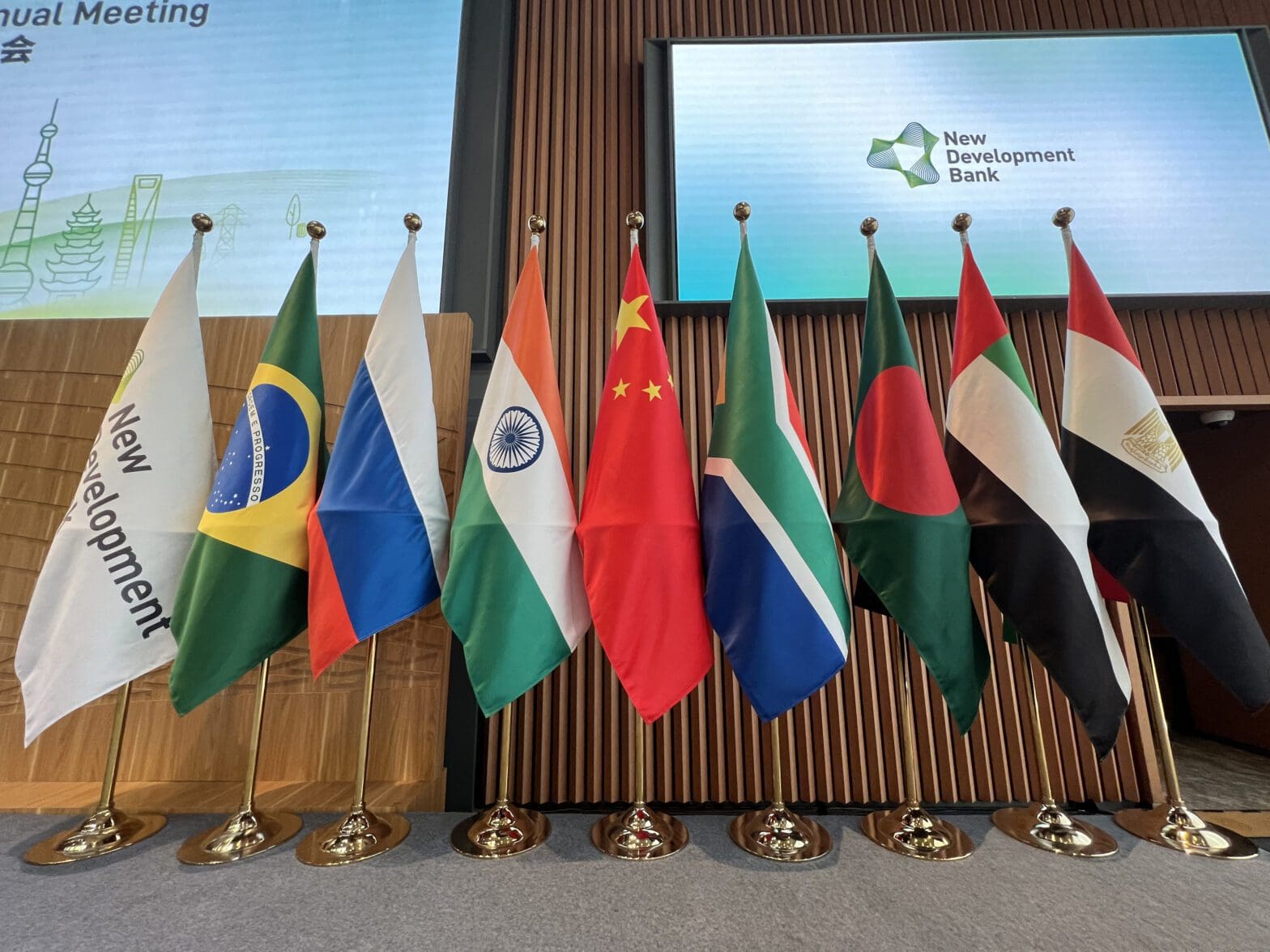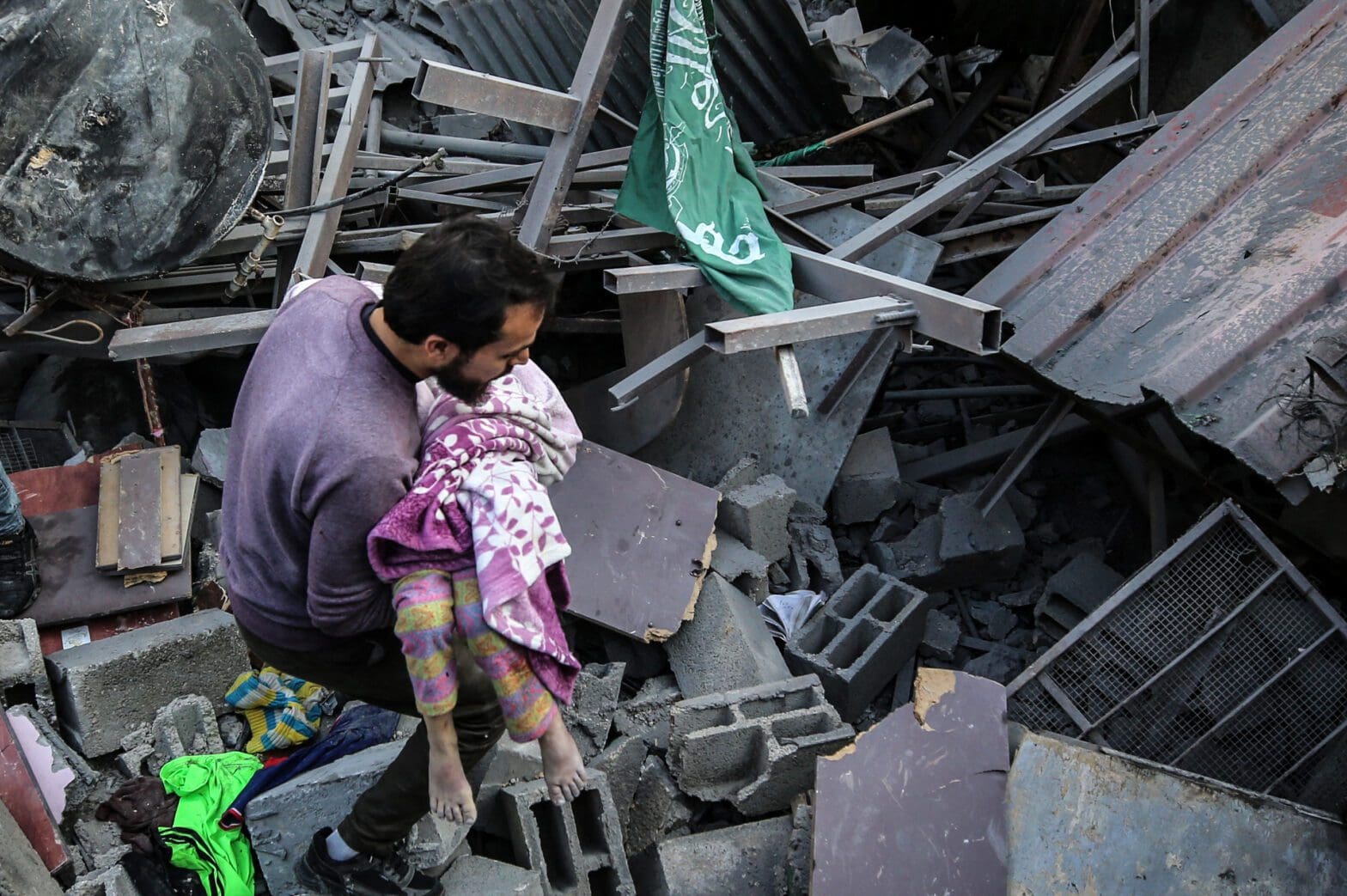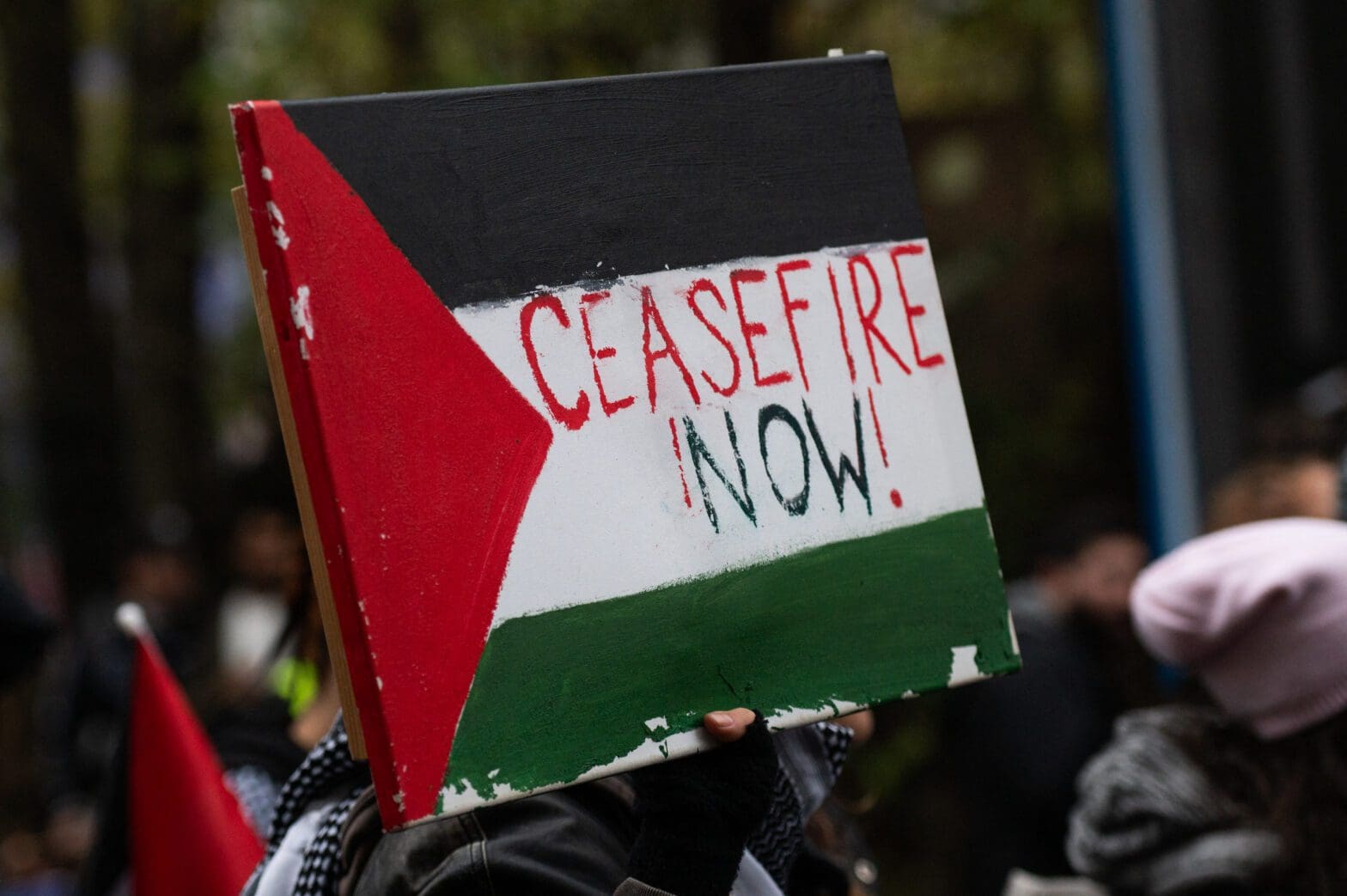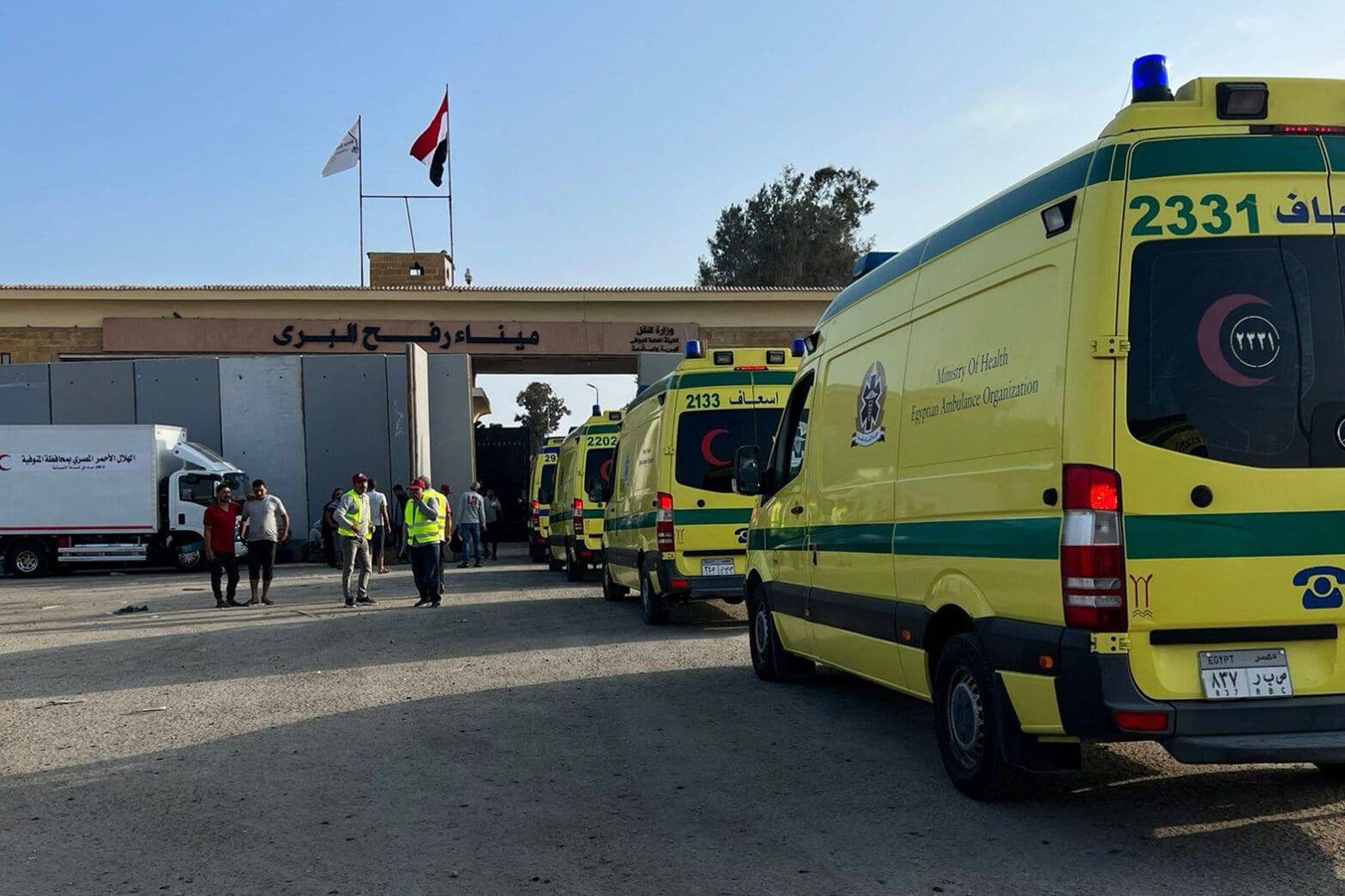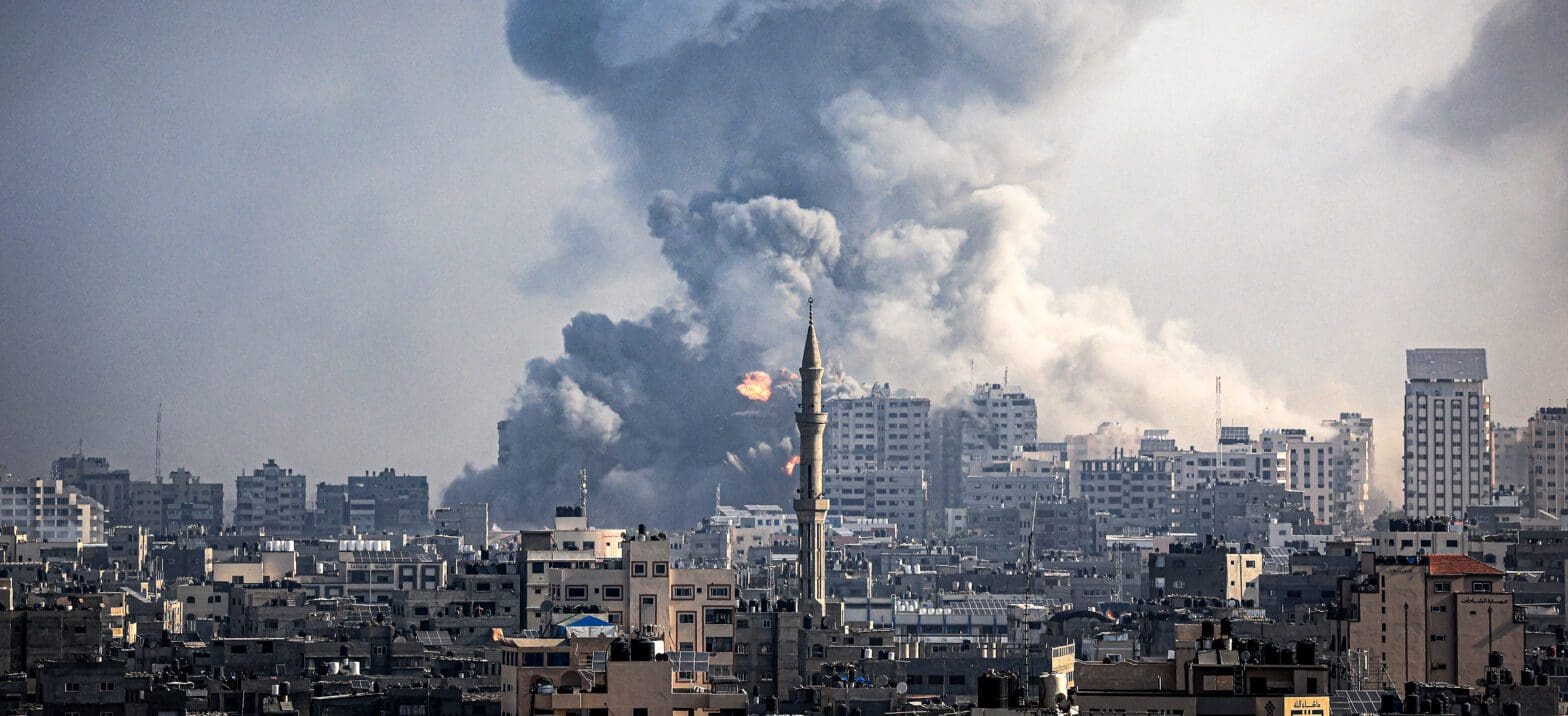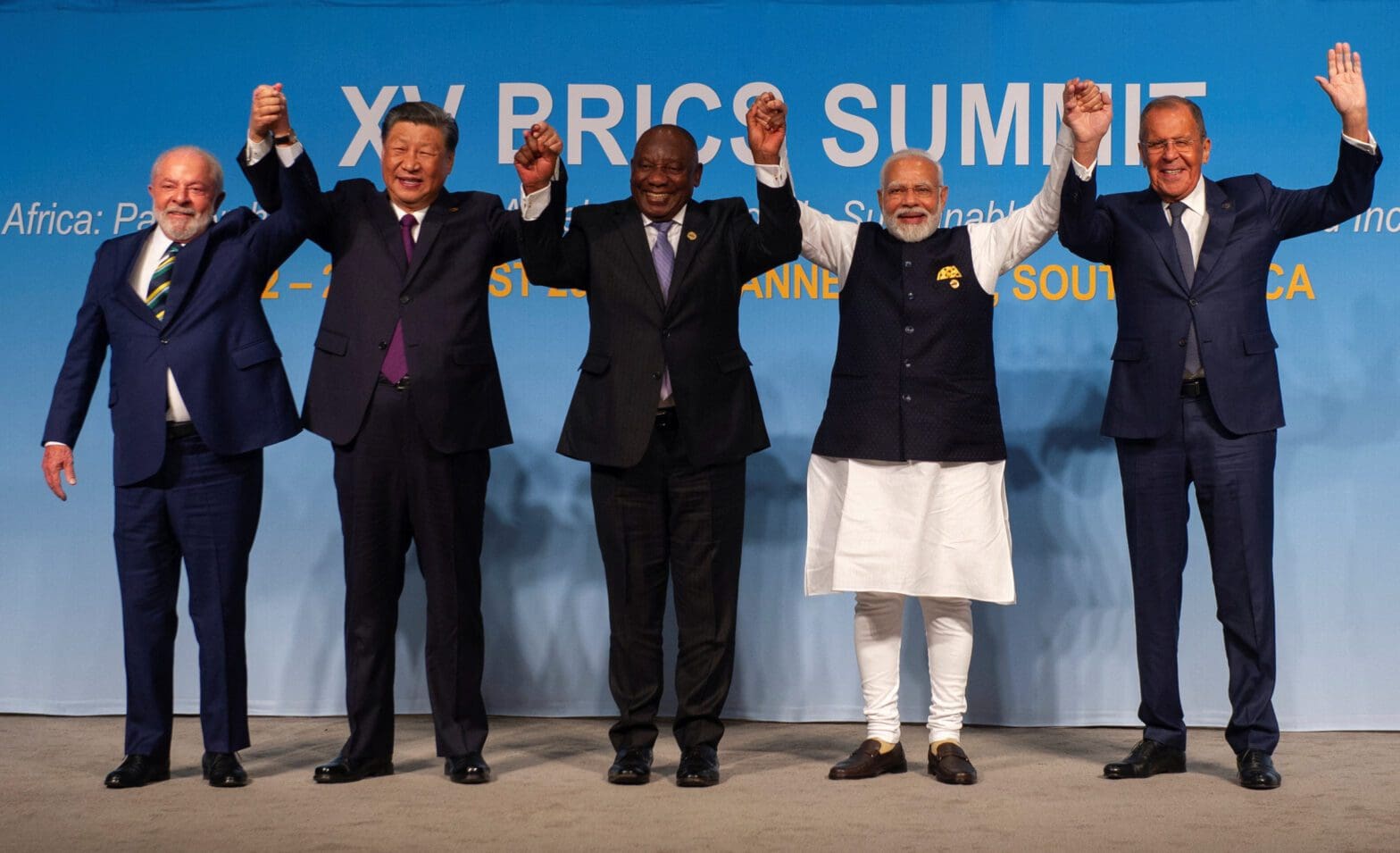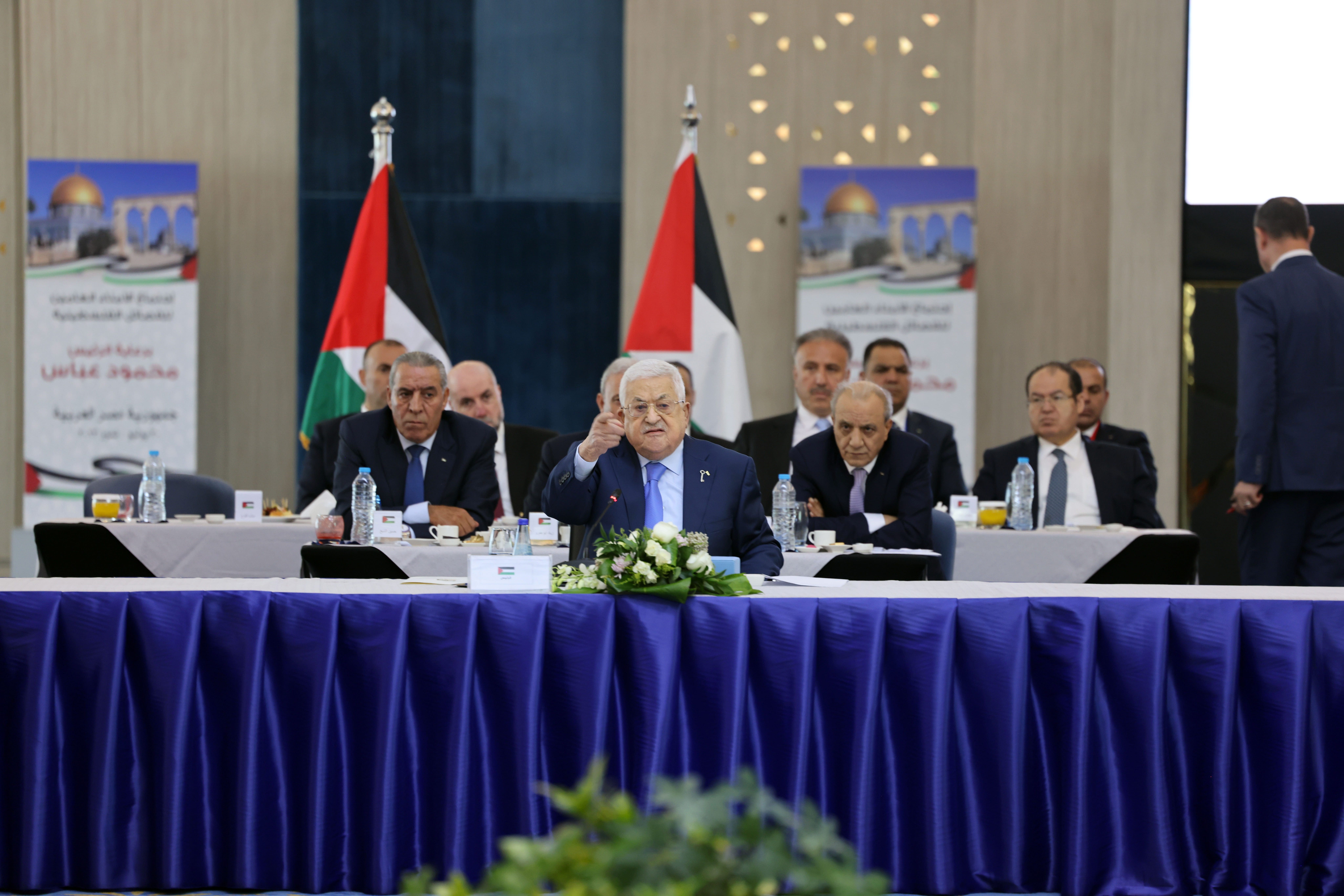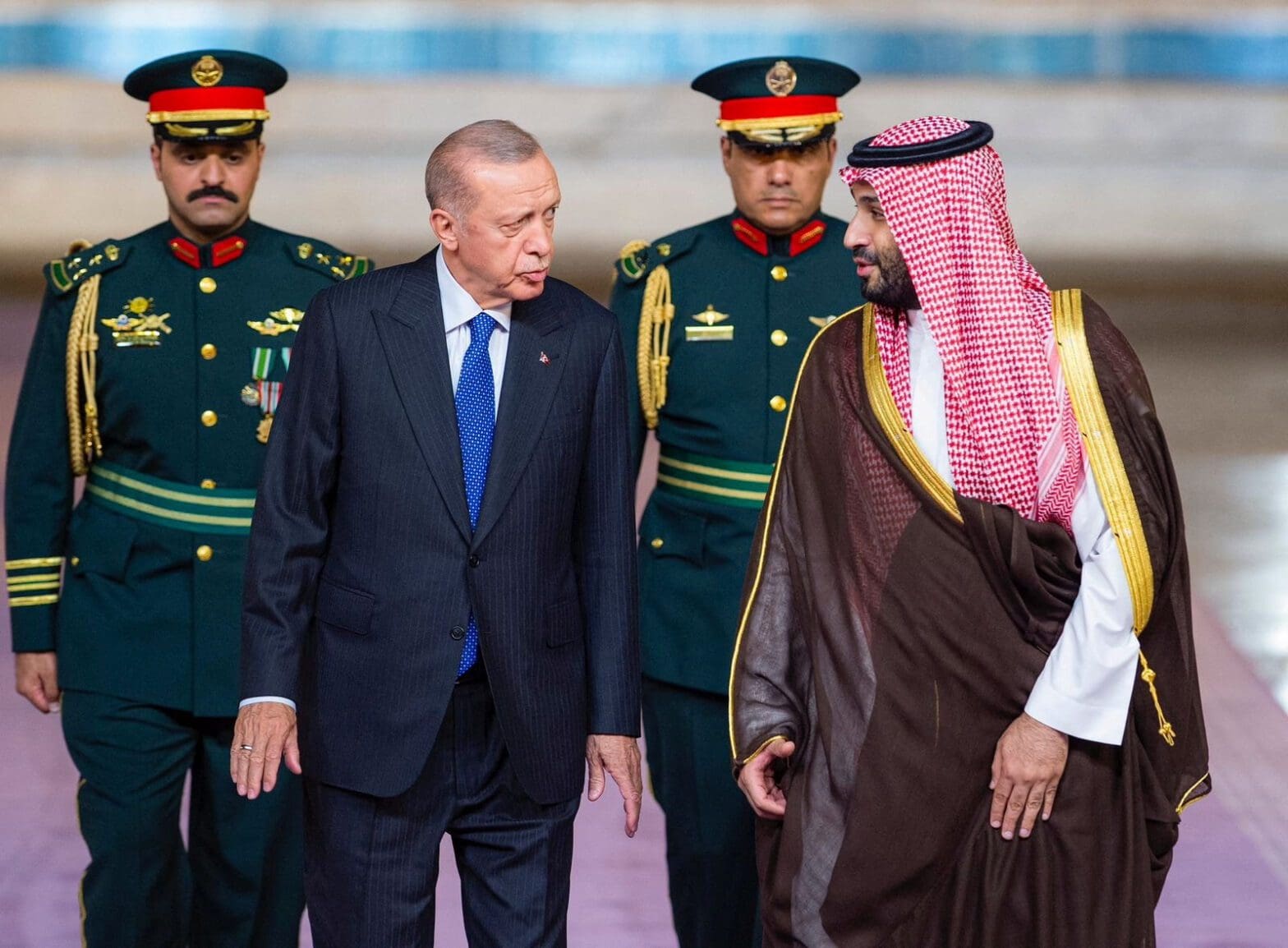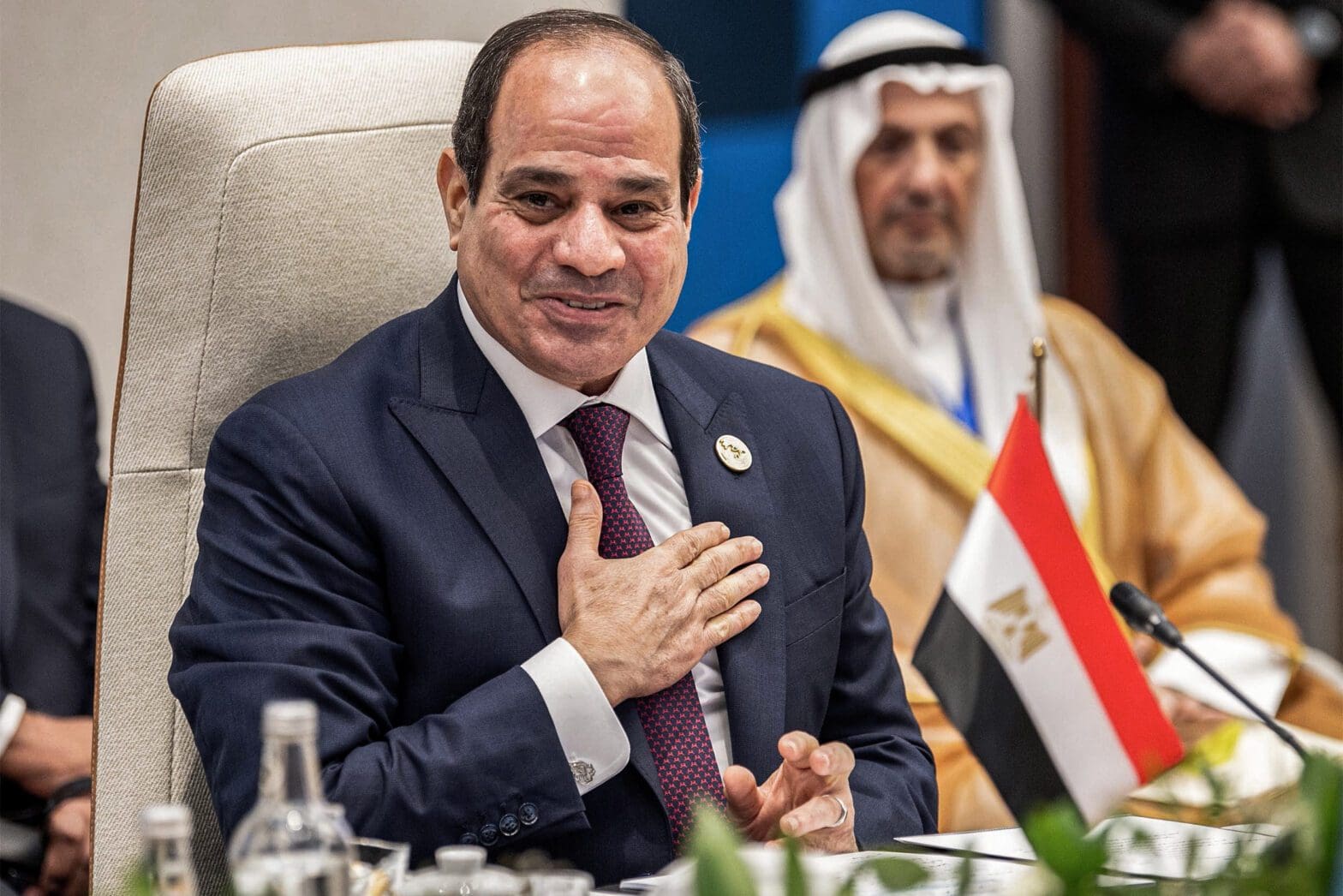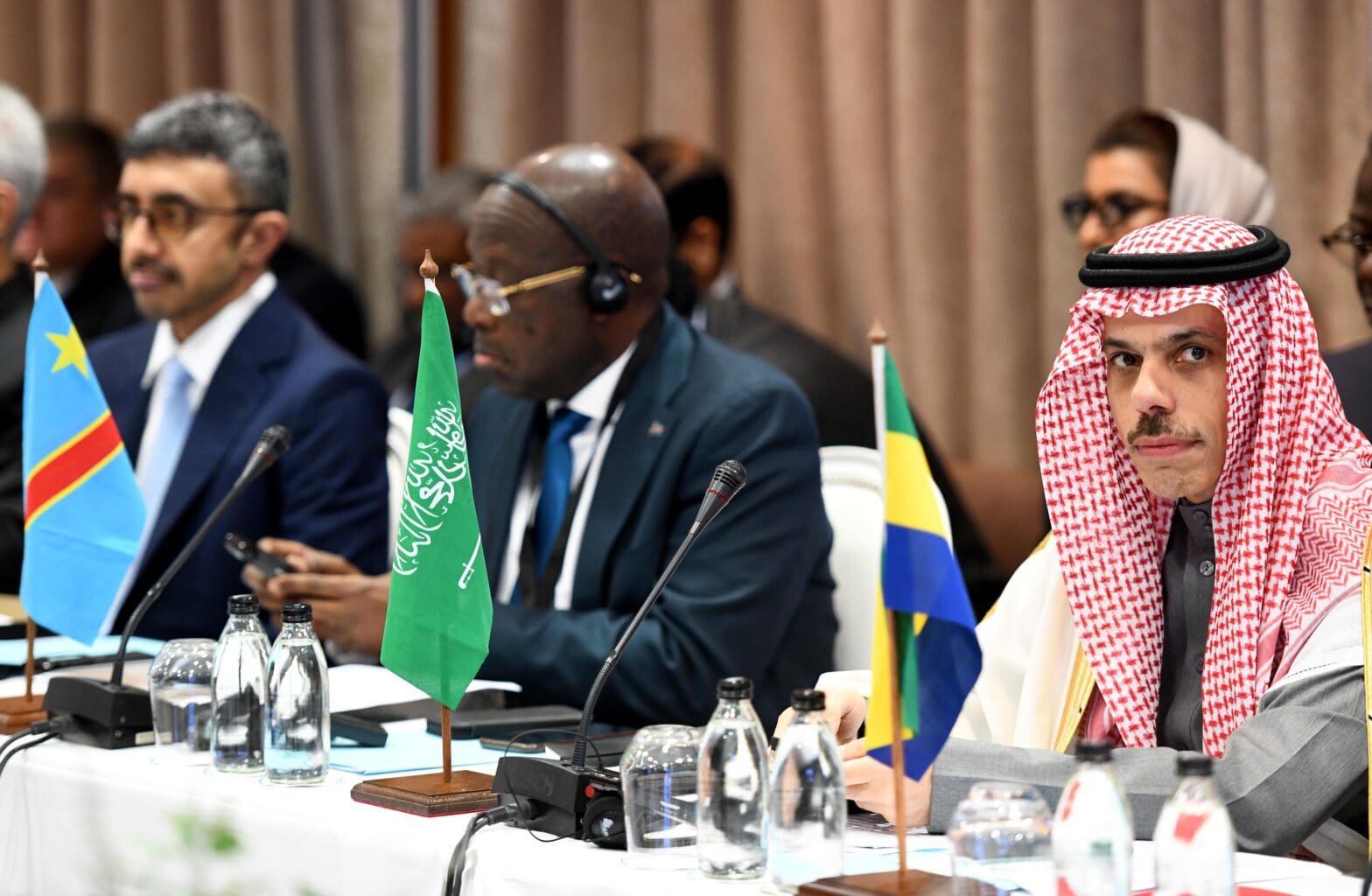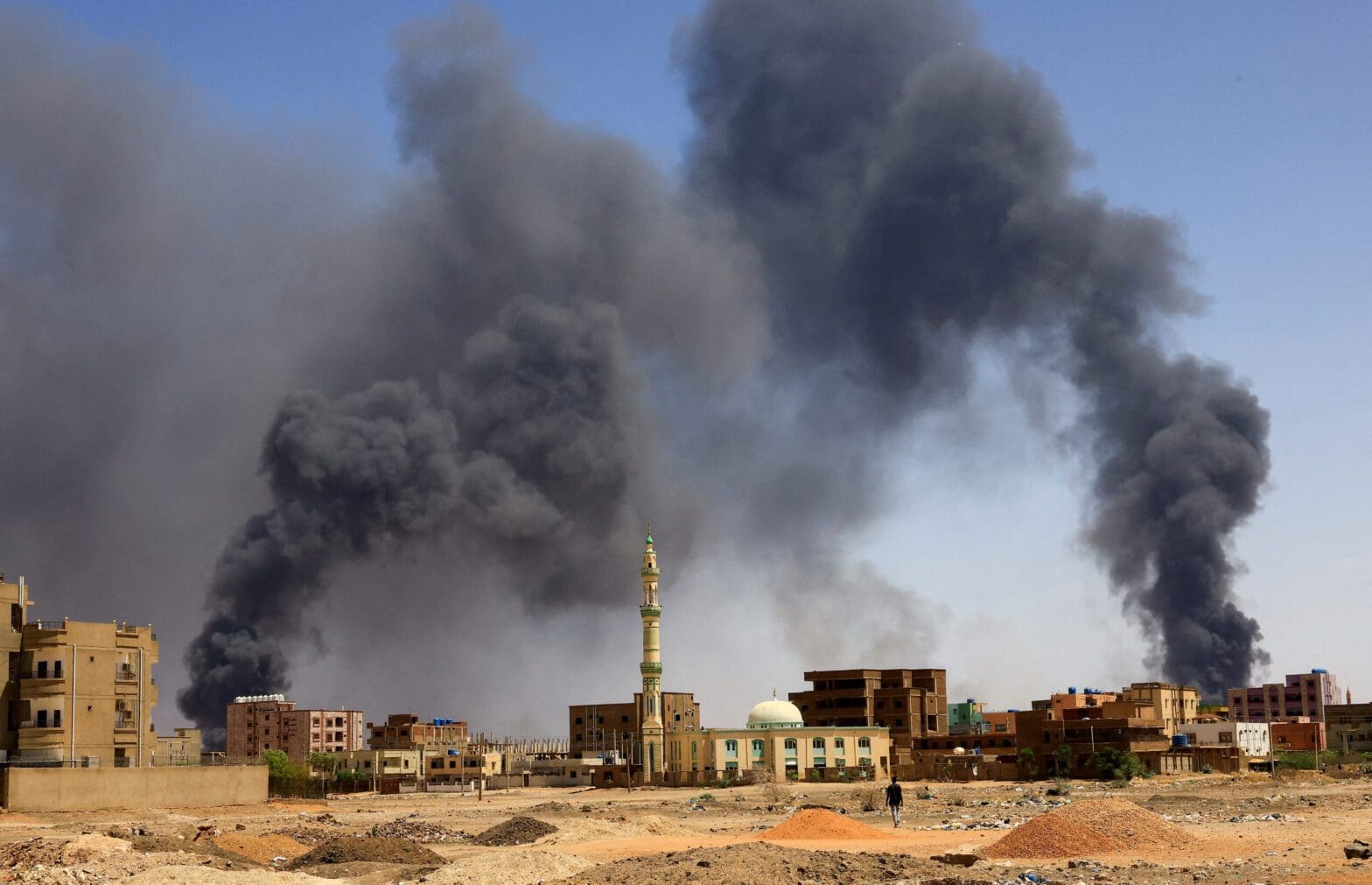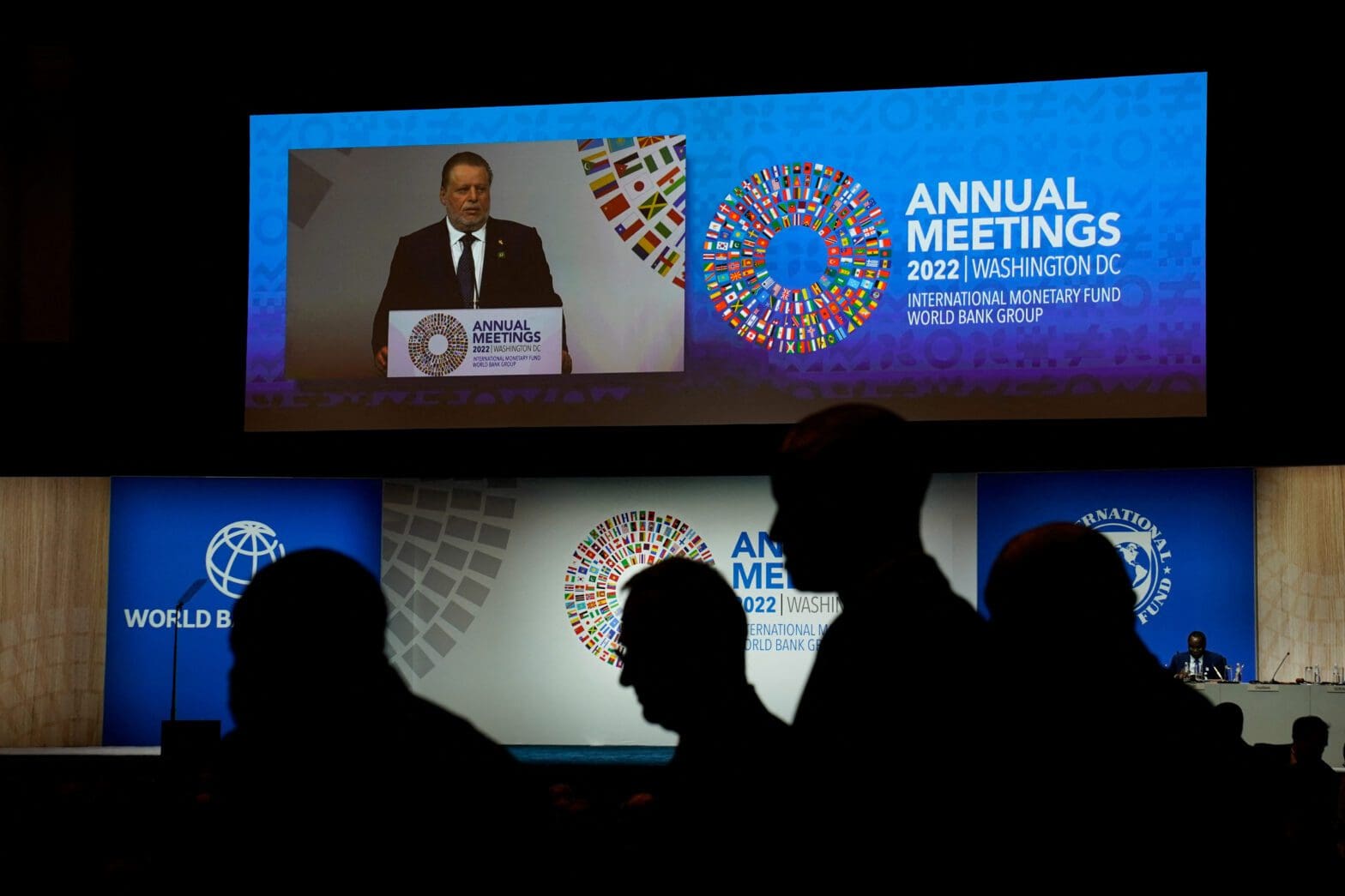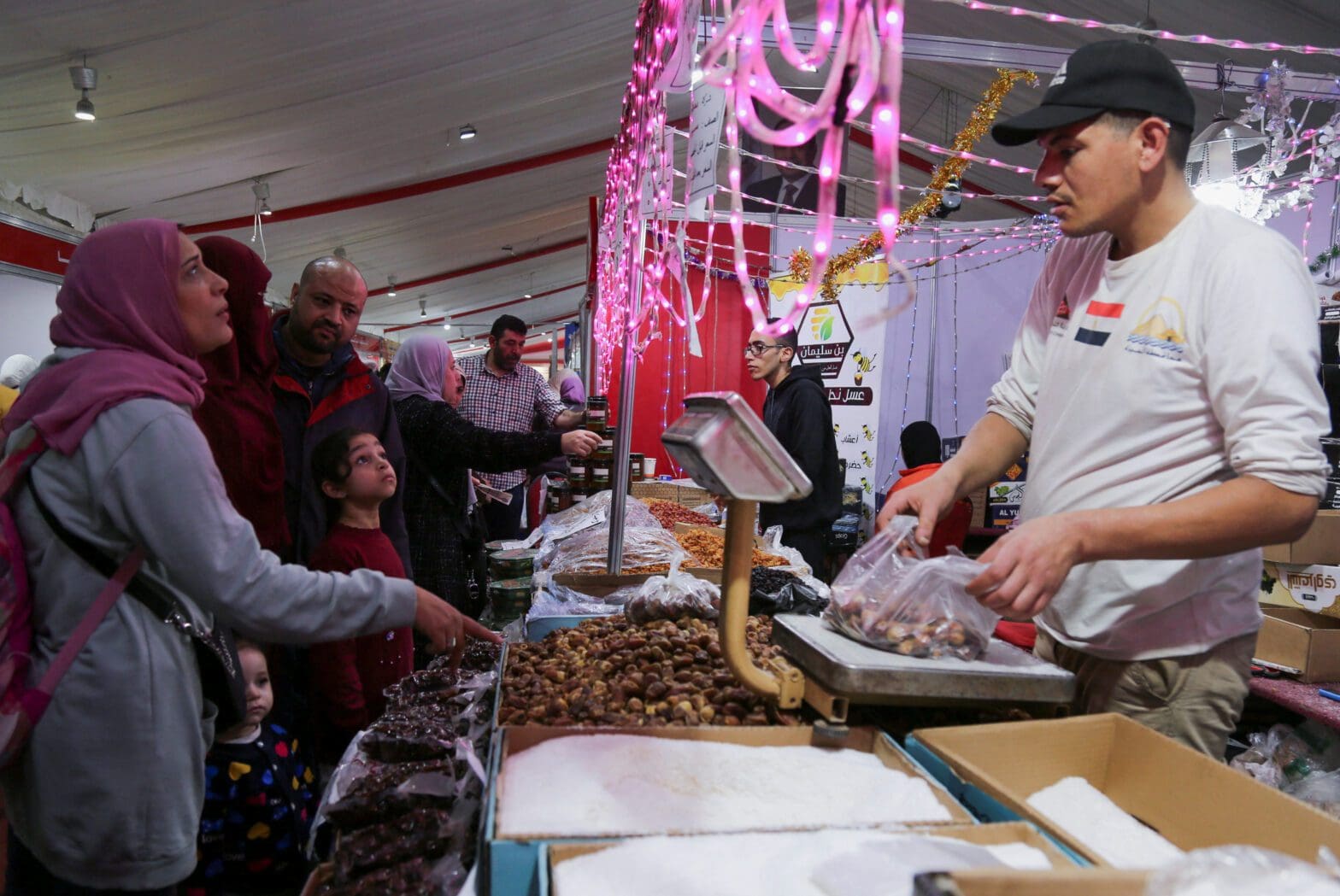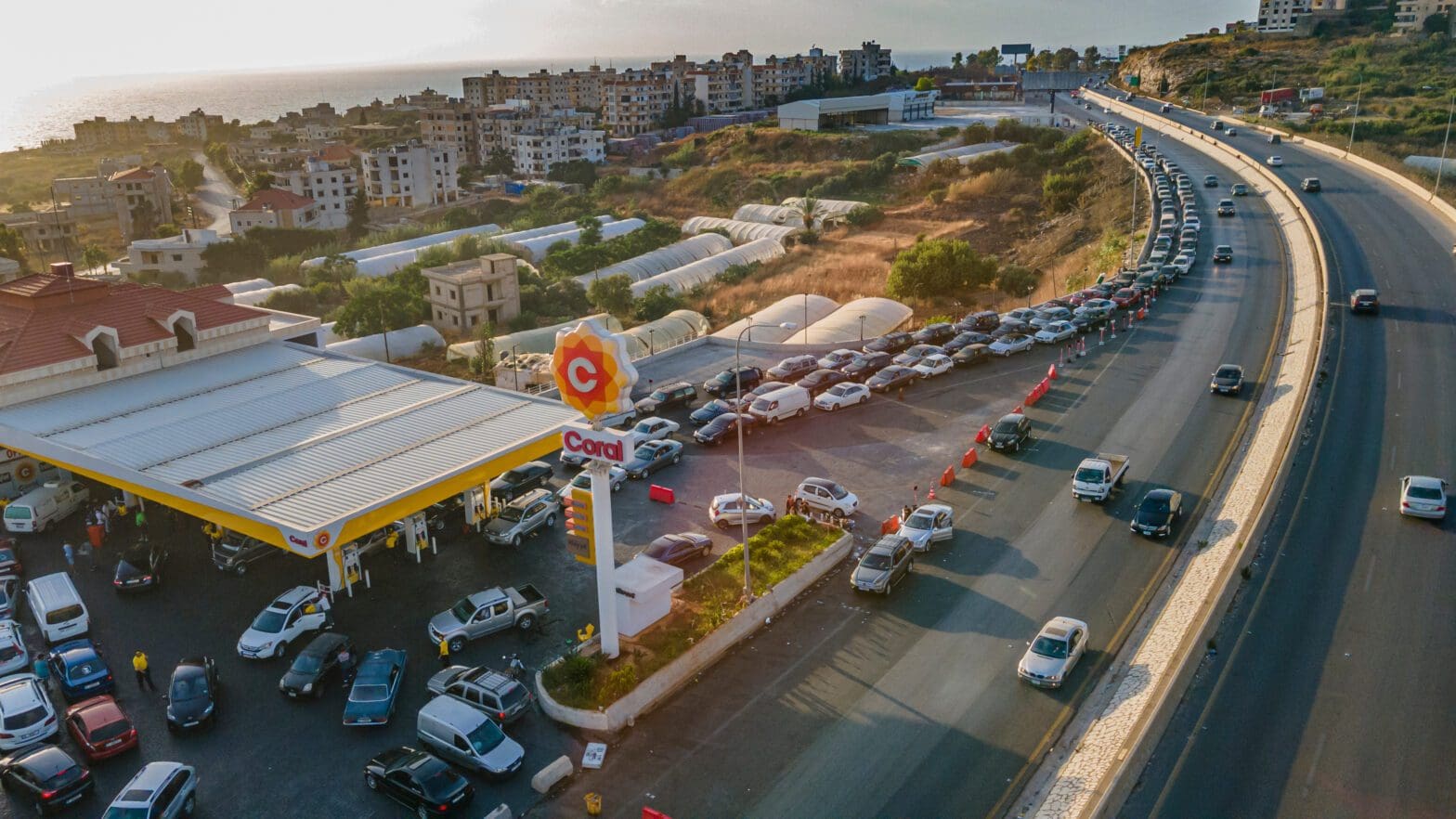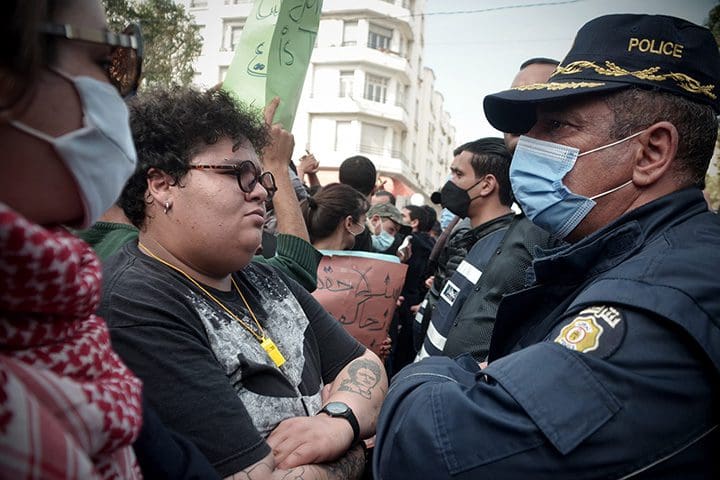Editor’s Note The relevance of public opinion in the Middle East and North Africa is a question often debated but little understood. Given the high prevalence of autocracy, surveys of popular sentiment are limited, while freedoms of speech and press are not the norm. Indeed, as thousands of political prisoners freed in recent days from… Continue reading Arab Public Opinion Under Pressure
Afkar Country: Egypt
Thinking Through China’s Middle East Policy Amid War
For many years, China has been expanding its influence to every corner of the globe. And while its strategic priorities remain anchored in the Western Pacific—where it faces great-power rivalry with the United States, myriad territorial disputes, tensions on the Korean Peninsula and the potential for military conflict over the Taiwan Strait—its steadily growing presence… Continue reading Thinking Through China’s Middle East Policy Amid War
Ethiopia and Somalia on the Edge of War
For months, momentum had been building toward war between Ethiopia and Somalia. After the breakaway region of Somaliland signed an agreement with Addis Ababa in January to exchange littoral rights for potential diplomatic recognition, tensions soared across the Horn of Africa. While recent weeks have seen the regional boil reduce to a simmer, other hot-button… Continue reading Ethiopia and Somalia on the Edge of War
Adapting the Women, Peace and Security Agenda to the Arab World
When United Nations Security Council (UNSC) resolution 1325 on Women, Peace and Security (WPS) was adopted on October 31, 2000, it marked an unprecedented commitment by the international community to regard women as integral partners in peace processes. The WPS “agenda,” as it came to be known, encompasses ten UNSC resolutions that recognize the devastating… Continue reading Adapting the Women, Peace and Security Agenda to the Arab World
A Region Under Fire
Editor’s Note: There Are No Winners Here Omar H. Rahman, Fellow and Editor of Afkār, Middle East Council on Global Affairs The Israeli-Palestinian conflict did not begin on October 7, 2023. Decades of military occupation, colonial land theft and systemic deprivation had already pushed Palestinians into a state of constant struggle, laying the groundwork… Continue reading A Region Under Fire
Ethiopia-Somalia Dispute: What Is at Stake for MENA? – Council Views
On January 1, the self-proclaimed Republic of Somaliland and landlocked Ethiopia signed a controversial memorandum of understanding (MoU) granting the latter port access to the Red Sea. In exchange for a 50-year lease of coastline near the strategic port of Berbera for commercial and naval uses, Addis Ababa agreed to consider recognizing Somaliland as a… Continue reading Ethiopia-Somalia Dispute: What Is at Stake for MENA? – Council Views
Interview: Türkiye Engages the Arab League
At the most recent meeting of the League of Arab States (LAS) in Cairo, Turkish Foreign Minister Hakan Fidan was in attendance, marking the first time Türkiye has been represented at the summit in 13 years. In his address, Fidan offered pointed remarks on the war on Gaza and the need for unity among Arab… Continue reading Interview: Türkiye Engages the Arab League
Interview: The View from MENA on France’s Elections Results
During recent elections to the European Parliament, France’s far right National Rally (Rassemblement National) party led by Marine Le Pen won a resounding victory. In a surprise response, French President Emmanuel Macron dissolved his country’s parliament and called for immediate elections. Yet, despite a strong showing in the first round, the National Rally ultimately came… Continue reading Interview: The View from MENA on France’s Elections Results
The Coup Contagion Continues
The first attempted military coup of 2024 took place in Bolivia on June 26, when soldiers stormed the presidential palace and occupied the main square in La Paz. While Bolivia is no stranger to putsches, with the highest number of coups worldwide since 1950, it is now the latest in a long list of countries… Continue reading The Coup Contagion Continues
The (Surprising) Silence of Arab Universities on Palestine
Since mid-April 2024, western academic institutions, including elite American universities, have been at the forefront of protests for Palestine. Yet, their Arab counterparts have surprisingly remained silent. The disengagement is particularly noteworthy considering that Middle Eastern universities have historically been the hotbeds of protests and engagement concerning the Palestinian cause. This absence is also at… Continue reading The (Surprising) Silence of Arab Universities on Palestine
The Middle East in the Wake of October 7: Interview with Tarik M. Yousef Marking 100 Afkār Posts
We at Afkār are delighted to announce that we have reached a new milestone, our 100th post! To mark the occasion, we have recorded and transcribed a special interview with the Director of the Middle East Council on Global Affairs, Tarik M. Yousef. The in-depth interview was conducted by our editor, Omar H. Rahman, and… Continue reading The Middle East in the Wake of October 7: Interview with Tarik M. Yousef Marking 100 Afkār Posts
Interview: Russia in the Middle East
1. Over two years into Russia’s full-scale invasion of Ukraine, Russians have just gone to the polls and Ukraine appears set to postpone an election slated for the end of March. In Russia, Putin reportedly spent more than $1 billion on a public relations campaign in the lead-up to the election. What is the significance… Continue reading Interview: Russia in the Middle East
Regional Diplomacy Amid the War in Gaza
Over the past four months, Middle Eastern nations have been dismayed by the near-unconditional support from Western governments to Israel as it has bombarded and besieged the Gaza Strip and is now ramping up an assault on Rafah—a sliver of territory where more than a million displaced civilians have gathered. As a result, some have… Continue reading Regional Diplomacy Amid the War in Gaza
Is a Regional War Inescapable?
Since October, the Middle East has edged ever closer to a regional war unlike any it has experienced before. While there has been plenty of armed hostility over the past 75 years, including between multiple state and non-state actors, the ambit of conflict this time around is so sweeping that it risks engulfing the entire… Continue reading Is a Regional War Inescapable?
Condemning Qatar is Counterproductive
This article was originally published in The National Interest on February 6, 2024. The Gulf state of Qatar is again capturing headlines for its role in mediating between Israel and Hamas. While a fresh deal for the release of hostages being held in Gaza is yet to be concluded, these efforts have produced the only… Continue reading Condemning Qatar is Counterproductive
Can the expanded BRICS pave a new path in global development?
At the start of this year, the so-called BRICS group of economies, namely Brazil, Russia, India, China, and South Africa, expanded its membership to five new countries, four of which are from the Middle East and North Africa region. As a global and heterodox bloc comprised of what were once termed “developing nations,” the expanded… Continue reading Can the expanded BRICS pave a new path in global development?
Gaza and Its Impact Three Months On – Council Views
Israel’s military campaign in Gaza is entering its fourth month with no end in sight and with the most devastating consequences imaginable for the 2.2 million Palestinian civilians living there, for which Israel is now facing charges of genocide at the International Court of Justice. The effects of this are also being felt well beyond… Continue reading Gaza and Its Impact Three Months On – Council Views
A Ceasefire in Gaza is the only Bridge toward Durable Peace in the Middle East
The shocking and unprecedented attack by Hamas on southern Israel caught the technologically advanced Israeli army and security forces by surprise. Hamas’s initial assault killed more than 1,400 Israelis, and thousands of Palestinians have been killed as Israel has retaliated in Gaza. Israel has said hundreds of hostages are being held in Gaza. In addition… Continue reading A Ceasefire in Gaza is the only Bridge toward Durable Peace in the Middle East
Egypt and the Fear of a “Second Nakba”
As Israel steps up its brutal attack on the Gaza Strip with a ground invasion, a recently leaked concept paper from it’s Ministry of Intelligence adds to the mounting evidence that its ultimate goal is the forcible and permanent displacement of the besieged Gazans into neighboring Egypt’s Sinai Peninsula. In what effectively amounts to a… Continue reading Egypt and the Fear of a “Second Nakba”
The Hamas Raid and Israel’s Onslaught of Gaza
On October 7, Hamas shocked the world by carrying out an astonishing raid on Israel that killed around 1,300 people, most of them civilians, and taking an estimated 150 others hostage. The Israeli response has been devastating. For a week, Israel has indiscriminately bombarded Gaza from the sky, destroying residential buildings, hospitals, schools, and other… Continue reading The Hamas Raid and Israel’s Onslaught of Gaza
BRICS Summit: Shaping a New Geopolitical Landscape – Council Views
The Impact of BRICS on the International Order Galip Dalay The 2023 BRICS summit has attracted unprecedented international interest due to the geopolitical context of increasing U.S.-China competition and the Global South’s balancing act regarding the Russia-Ukraine war. As competition between global powers intensifies, Western actors increasingly see this bloc, and others like the Shanghai… Continue reading BRICS Summit: Shaping a New Geopolitical Landscape – Council Views
The Persistent Illusion of Palestinian Reconciliation
Representatives of 14 Palestinian political factions, including Fatah and Hamas, were invited to the Egyptian coastal city of El-Alamein on July 30, 2023 for reconciliation talks hosted by Egyptian President Abdel Fattah el-Sisi. Facing challenges from the recurrent and increasingly violent onslaught by Jewish settlers and Israeli occupation forces throughout the West Bank since the beginning of… Continue reading The Persistent Illusion of Palestinian Reconciliation
Erdogan’s Gulf Visit Heralds New Regional Approach
Weeks after winning a new five-year term as president of Türkiye, Recep Tayyip Erdogan visited Saudi Arabia, the United Arab Emirates and Qatar with a delegation that included nearly 200 business and government officials. The veteran leader’s first visit to the region since his electoral victory in May is the culmination of a rapid reconciliation… Continue reading Erdogan’s Gulf Visit Heralds New Regional Approach
Will Egypt be the next to normalize relations with Iran?
Speculation has been growing in recent months that Egypt and Iran could be close to putting decades of mutual antagonism behind them. In early May, Egyptian and Iraqi officials said talks were underway in Baghdad with a view to mending relations between the two major regional powers. Later that month, Supreme Leader Ayatollah Ali Khamenei… Continue reading Will Egypt be the next to normalize relations with Iran?
MENA States’ Assertive Approach in the Era of Emerging Multipolarity
As American dominance of the Middle East and North Africa wanes and other world powers step up their efforts to win friends and influence there, long-time U.S. allies are becoming more assertive towards Washington and recalibrating their other ties to better secure their own interests. The growing U.S.-China strategic rivalry will profoundly impact the region… Continue reading MENA States’ Assertive Approach in the Era of Emerging Multipolarity
Sudan Conflict: Regional Implications – Council Views
The eruption of violent conflict in Sudan on April 15 has cast the country into, perhaps, the darkest period yet in its five-year transition toward civilian rule, which began with nationwide protests in 2018 and the toppling of Omar al-Bashir a year later, after three decades in power. The recent outbreak of fighting between the… Continue reading Sudan Conflict: Regional Implications – Council Views
Time to Tackle the Transparency Deficit in the MENA Region
It is widely known that the Middle East and North Africa (MENA) region suffers from a “democratic deficit.” What is less well-appreciated is that the region also suffers from a chronic deficit in transparency. The World Bank’s Vice President for MENA, Ferid Belhaj, recently called attention to this problem, stating that Egypt needs to get… Continue reading Time to Tackle the Transparency Deficit in the MENA Region
Egypt’s Economic Crisis Heightens Need for Reforms
Egyptians are facing a dire economic situation. Since early 2022, the Egyptian pound has lost more than 40 percent of its value against the U.S. dollar and prices of imported goods have soared, as the impact of the war in Ukraine compounds the effects of stringent bailout conditions set by the International Monetary Fund (IMF).… Continue reading Egypt’s Economic Crisis Heightens Need for Reforms
MENA Outlook 2023 – Council Views
In various ways, 2022 was arguably a positive year in much of the Middle East and North Africa (MENA) region. The COVID-19 pandemic subsided in many states and the intensity of violence ebbed in several conflict zones. Competition between regional powers receded and gave way to an increase in diplomacy and rapprochement. However, with a… Continue reading MENA Outlook 2023 – Council Views
Twenty Years of Governance Reform: What’s Next for the MENA Region?
In 2002, the United Nations Development Program (UNDP) produced a remarkable and far-reaching document titled the Arab Human Development Report. Written largely by Arab authors, the report mobilized a wealth of data to argue persuasively that the lack of socio-economic development within the Arab region is the product of three fundamental deficits in freedom, knowledge,… Continue reading Twenty Years of Governance Reform: What’s Next for the MENA Region?


